Essays & Interviews

Red Fightback’s Final Crisis
Red Fightback was a communist and anti-imperialist organisation that aimed to take oppression seriously, adopting an intersectional approach that sought to address patriarchy, racism, and ableism, in contrast to much of the left in Britain. But the project has come to a sudden end, leaving both its membership and onlookers confused about contradictions within the party and its seeming failure to combat oppression within its ranks.
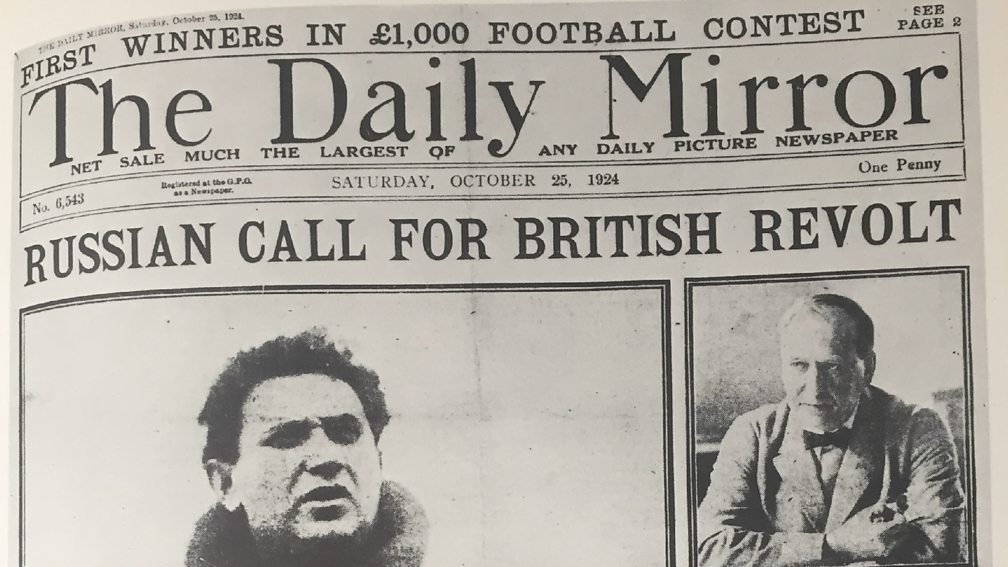
Anti-Communism in Britain
Anti-communism has had a constant presence in Britain which has ebbed and flowed with perceived crises of the state and the capitalist economy. Evan Smith traces this history of anti-communism, exploring the episodes that have shaped British politics ahead of the Tory leadership battle and a Summer of strikes.
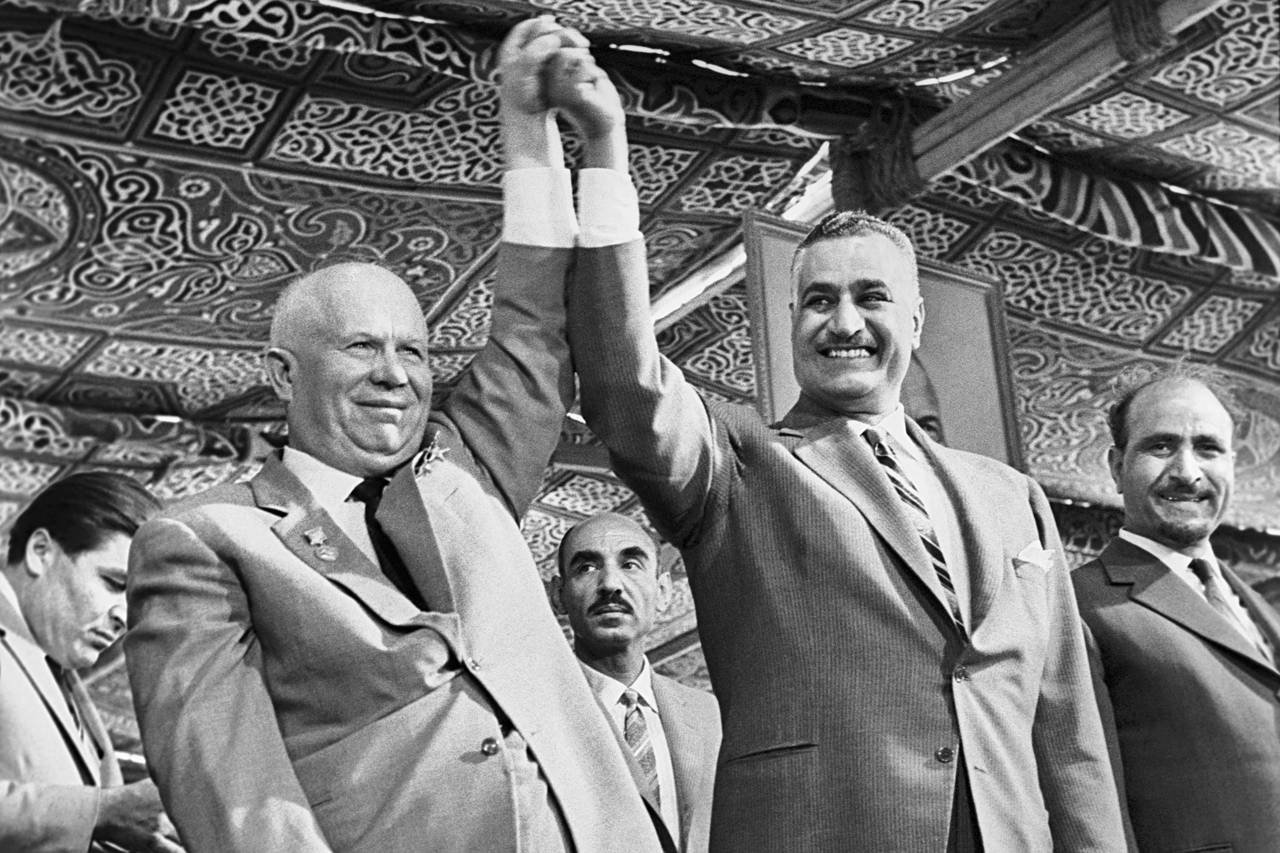
Multipolarity Then and Now: Reflections on the Non-Aligned Movement
The history of the Non-Aligned Movement and multipolarity are easy to describe as if it were simply a matter of international policy or diplomacy. But the newly emerging forces, social processes, upheavals, and mass mobilisations emerging against US hegemony in the past thirty years are not merely ‘geopolitics’; this is the real history of class struggle in the contemporary phase of global relations.
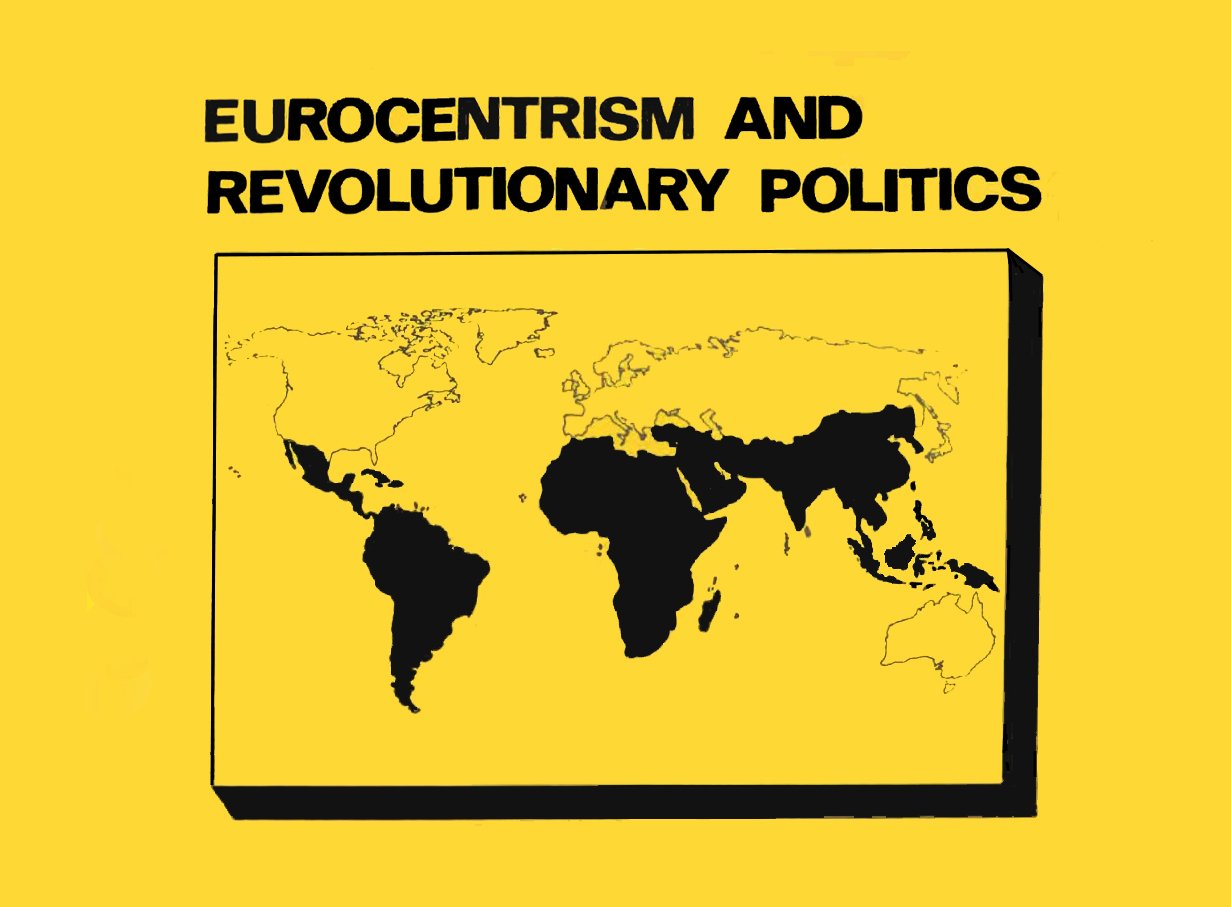
‘Imperialism runs deep’: Interview with Robert Biel on British Maoism and its afterlives
In this interview, Robert Biel recounts his experiences of the British Maoist movement in the 1980s, the positive lessons that can be drawn from it, and the need for Marxists to transcend Eurocentrism and connect with diverse struggles against oppression.
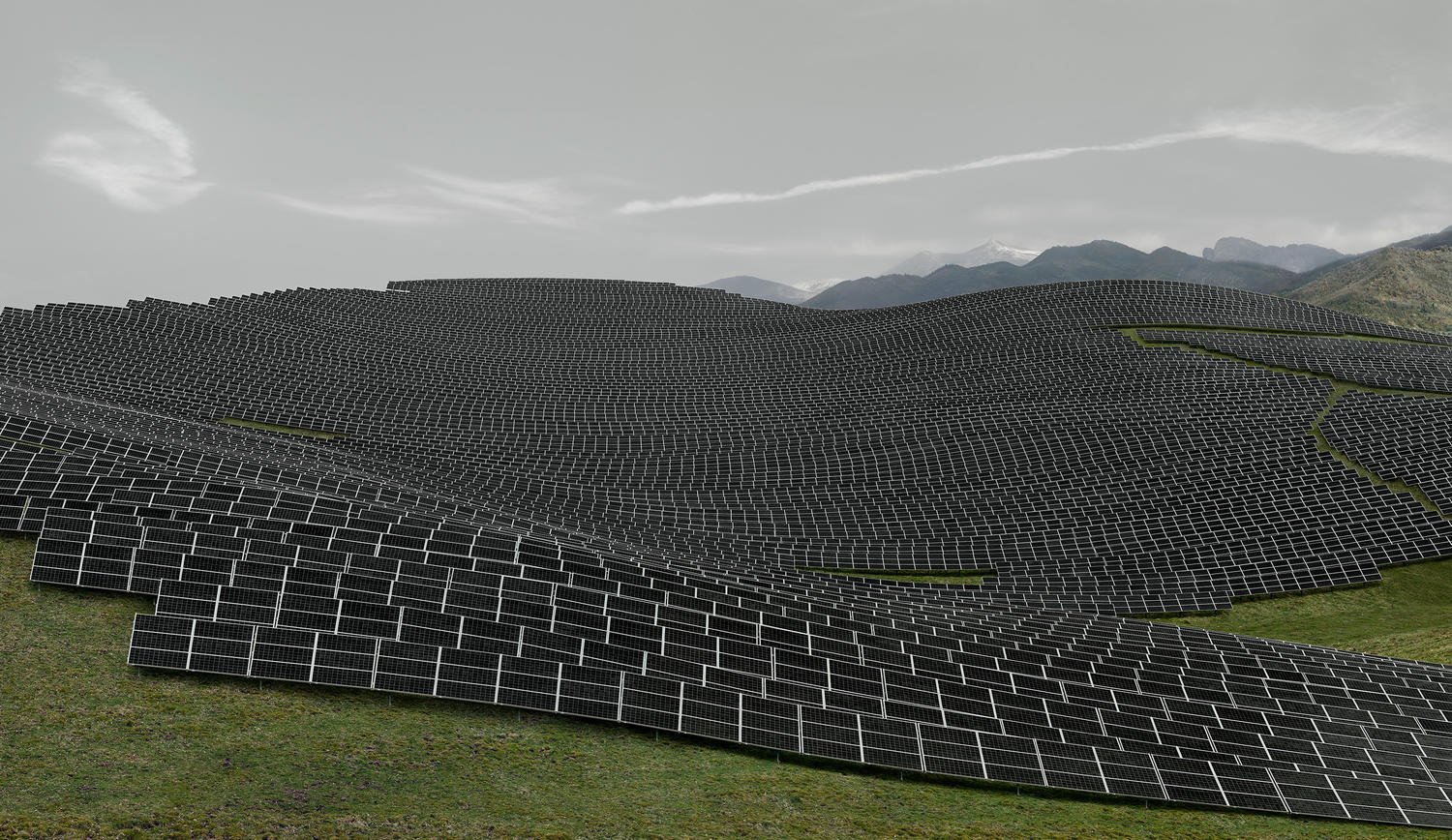
A People’s Green New Deal: An interview with Max Ajl
In this interview, Max Ajl offers his perspective on the issues of ecologically unequal exchange, the Palestinian national liberation struggle, China’s model of agrarian revolution, Andreas Malm’s ‘ecological Leninism’, and the prospects for North-South convergence around environmental justice.

Justice for Workers at Goldsmiths in the fight against casualisation
With traditional trade unions increasingly unable to tackle casualisation and job losses, with calls across the country for the UCU to step in and respond to the threat of mass job losses amid the Covid crisis, J4W discuss their tactics and how necessity has led them to organise among workers across Goldsmiths.
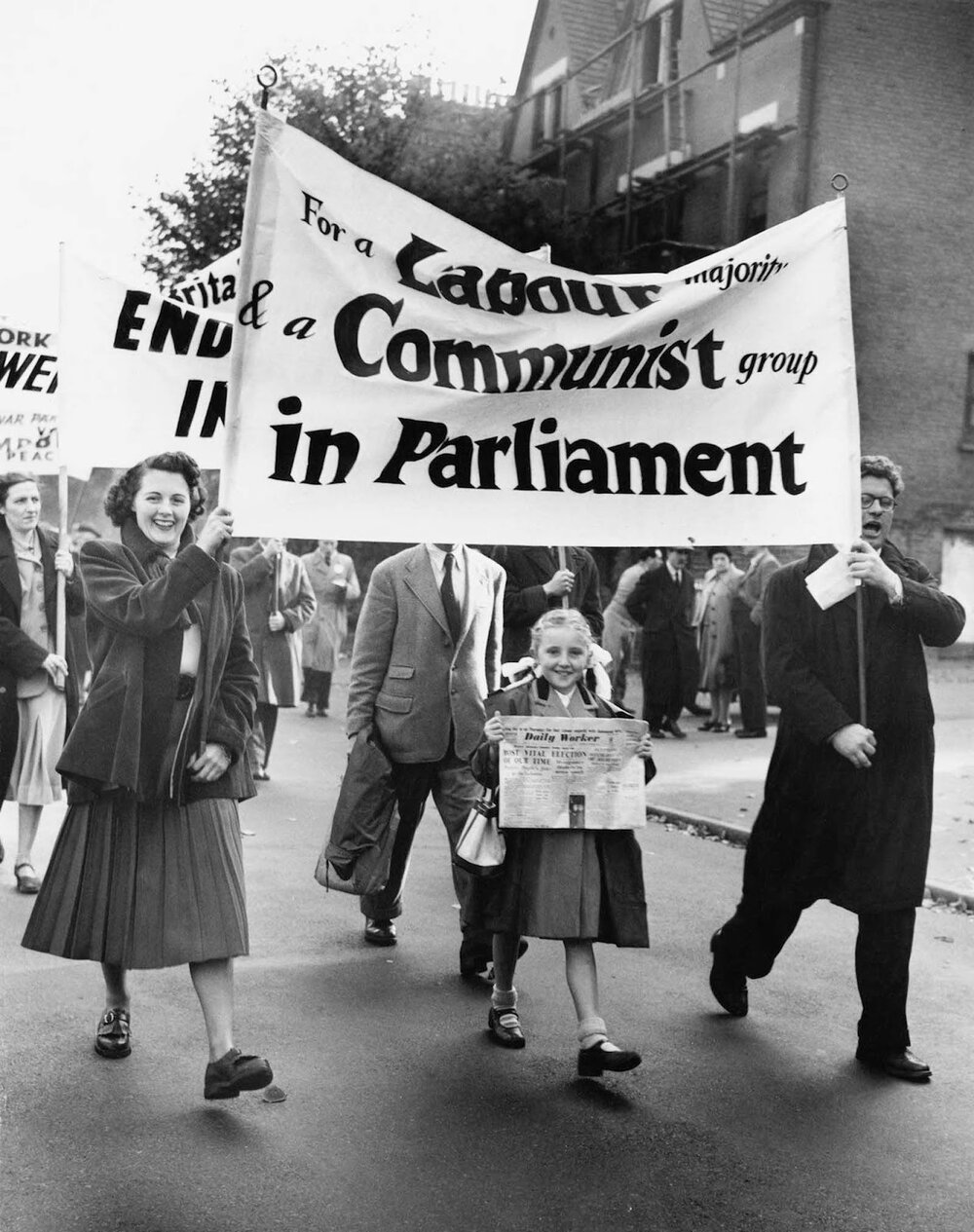
Keir Starmer and Britain’s Road to Socialism
The Communist Party of Britain’s support for Labour was never unconditional but a necessary tactic for a united working class, and though they could keep up this pretence under Corbyn it is unthinkable under Starmer. And so, although the new programme was only published in April, a new edition of Britain’s Road to Socialism is immediately necessary.
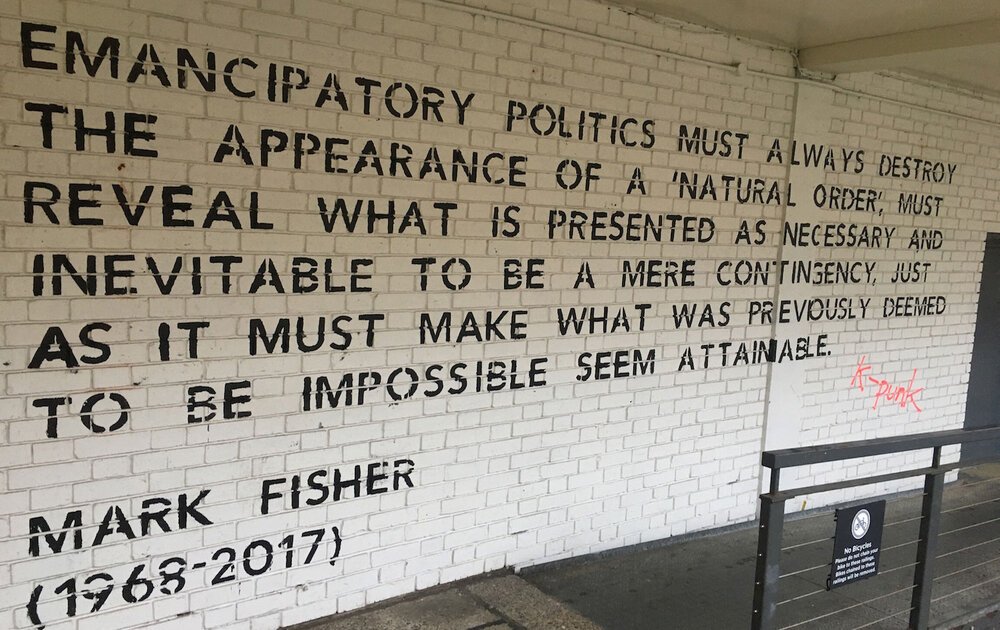
Mark Fisher in Postmodernity
Though Fisher uses the concept ‘capitalist realism’ with the hope of coming out the other side of postmodernism, he succumbs to its ambiguities and false genealogies as it fetishises what is new; the USSR becomes identical to the US and European powers, and Marx, Lenin, and Stalin become dead white men who may as well be T.E. Lawrence.

Bolsheviks without Soviets
Revolutionary parties in Britain have been overtaken by liberal movements in their demand for citizens’ assemblies and strikes. And although they model themselves on the successes of the October Revolution, the Bolsheviks’ central demand – ‘All power to the Soviets’ – is entirely lost on them, and instead revert to a Blanquism that demands ‘All power to the party.’
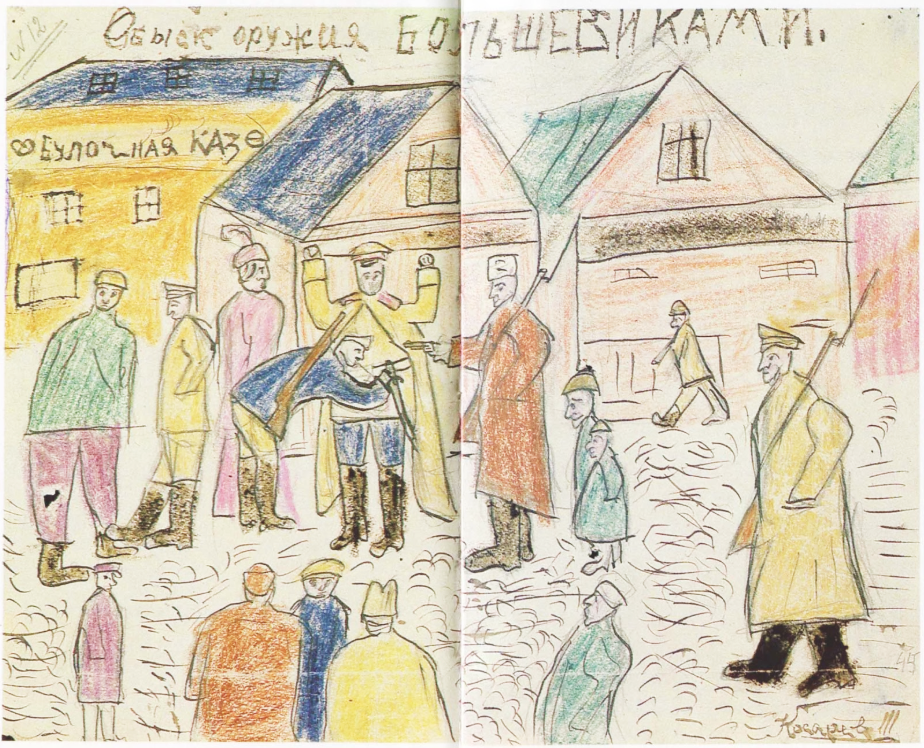
When Workers Shot Back
The lasting impact of the Russian Revolution made armed struggle a legitimate strategy for contesting and seizing power. The Bolshevik use of armed struggle was increasingly emulated globally by independence movements, nationalists, anti-colonialists, and the left in the networks of European colonies and home countries across the globe.
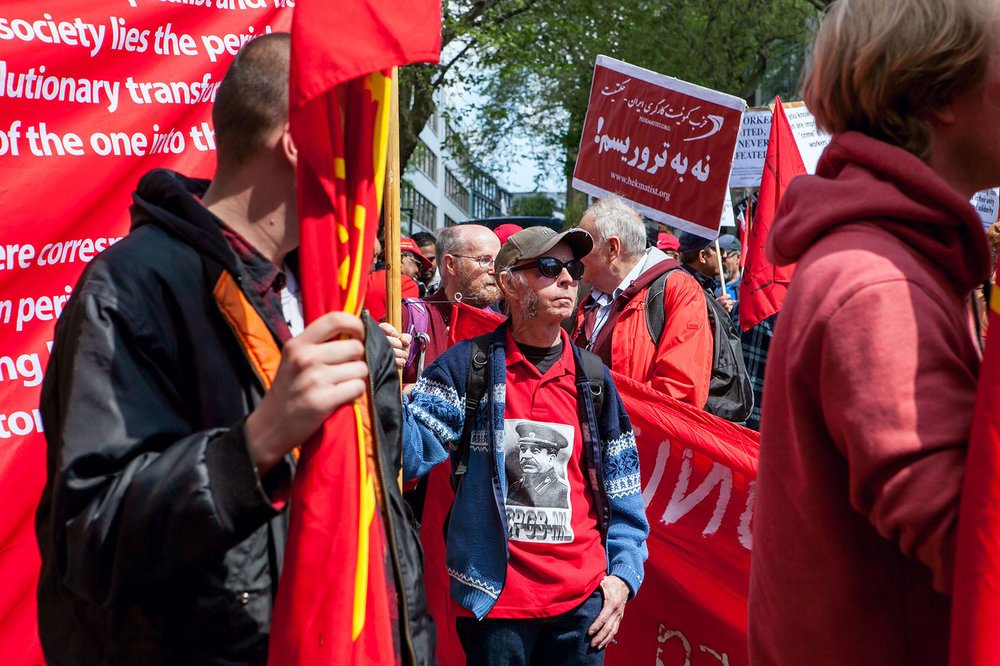
Inside the Last Days of the CPGB-ML
Some members had already left, fed up with the ignorance and incompetence of the Central Committee, while others, against their better judgement, stayed to try and correct the course of the party. But still the Central Committee could only picture the working class a caricature, telling members of the party to lose weight and get ‘working class’ haircuts – before going on to unironically describe Tommy Robinson’s hairstyle.
